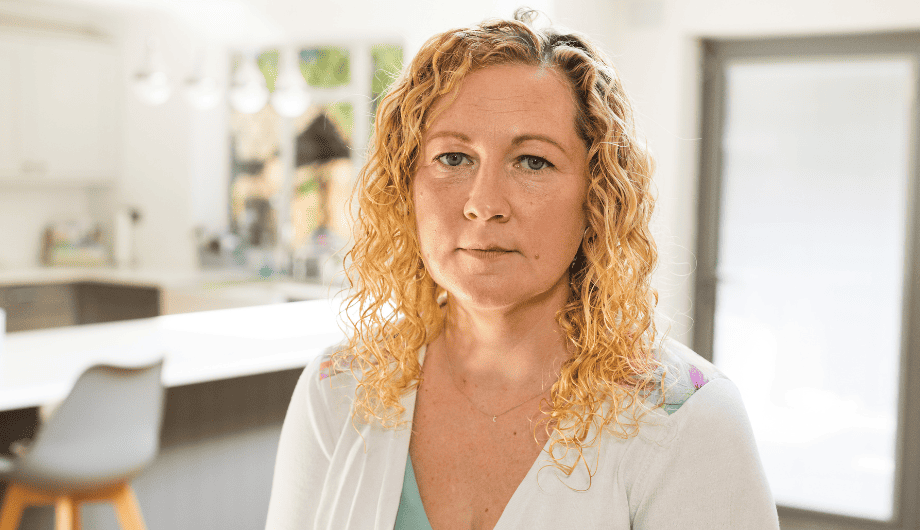
Saïna’s story – A song for my beloved grandpa, Ralph
Saïna opens up about how her grandfather’s dementia has affected her, and how songwriting has provided a release.
Dementia is a progressive condition, and currently, there is no known cure.
However, for some types of dementia, medication may help to relieve some of the symptoms or slow its progression.
Dementia medications can help to slow down the decline in a person’s cognition (their ability to think, understand and remember). They may help with:
Dementia medications are mostly used for Alzheimer’s disease. The main types are:
In some cases, these medications can also be prescribed for:
Donepezil, rivastigmine and galantamine are most beneficial for people with early to middle stage dementia.
Memantine may be used for people with middle stage dementia who cannot take the other medications, usually due to side effects. It may also be used alongside one of the other medications for late stage dementia.
Dementia medications are not suitable for all forms of dementia. For example, if someone has frontotemporal dementia, medications for Alzheimer’s disease could make their symptoms worse.
However, some people with frontotemporal dementia are prescribed antidepressants to help with uninhibited and compulsive behaviour and overeating.
People with vascular dementia – caused by problems with blood supply to the brain – may be prescribed medicines to help with the underlying causes, such as high blood pressure, high cholesterol and heart disease.
It is important that the person with dementia takes any medications for other health conditions (such as diabetes, high blood pressure or depression) as prescribed to help them stay as healthy as possible.
Before prescribing medication for dementia, the doctor will consider:
All medications can cause side effects. For dementia medicines, these include:
To minimise the risk of side effects, doctors often prescribe a low dose of medication at first, and gradually increase it.
The person with dementia should have regular medication reviews with their GP, community pharmacist or memory clinic.
If their medication is working, their symptoms will usually improve for around six to 12 months, but then they will gradually get worse.
However, the person may continue to take the medication to avoid a sudden worsening of symptoms.
Dementia medicines don’t work for everyone. Some people need to try several types to see which works best, and some find there is no benefit at all.
People may stop taking dementia medicines for a variety of reasons, including:
Stopping medication may be a personal choice or advised by the person’s healthcare professional. Ideally, it should be a joint decision.
If someone wishes to stop taking their medication, they should speak to their GP first. This ensures it is done in a safe and supervised way.
It is important for the person with dementia to take their medications as prescribed. They may need support to do this.
Some medications need to be taken at set intervals or a specific time of day, with or after food, or on an empty stomach.
If the person with dementia forgets to take their medication, you could try:
In some cases, pharmacies can supply tablets in a dosette box – a pre-filled pill organiser that clearly shows the times and days when each medication needs to be taken.
If a person with dementia forgets a dose of their medicine, they should take it as soon as they remember. However, if it is within four to six hours of their next dose, they should skip the missed dose completely.
Missing the occasional dose is unlikely to cause problems, but if this becomes a recurring issue, speak to the person’s GP or prescriber about why this is happening and whether it is still appropriate for them to take the medication.
Some people have difficulty swallowing tablets, especially as dementia progresses. In this case, liquid medication, dissolvable tablets or a sticky patch worn on the skin may be prescribed.
If it is proving challenging for the person to take their medicines – including if they resist taking it – seek advice from their GP.
It is important that the person with dementia does not take more medication than is prescribed.
To minimise the risk of overdose, community pharmacy teams can arrange for medication to be picked up or delivered to the person’s home weekly. This will prevent a stockpile building up.
If the person has supplies of medication that they no longer take or are out of date, they should be taken to a pharmacy to be disposed of safely.
If a person has taken too much medication you should call NHS 111 for advice, or phone 999 or go directly to A&E if there are signs of severe overdose, eg delirium (a state of intense confusion) drooling, sweating or extreme nausea.
Medicines should be stored in a safe place at all times.
If the person with dementia needs support with taking medications safely, it is advisable to keep them in a locked drawer, cupboard or safety box.
It is also important that medications are kept out of reach of any children who live in or visit the person’s home.
If you need advice on any aspect of dementia, please call the Dementia Helpline on 0800 888 6678 (Monday-Friday 9am-9pm, Saturday and Sunday 9am-5pm, every day except 25th December), email helpline@dementiauk.org or you can also book a phone or virtual appointment with an Admiral Nurse.
Our virtual clinics give you the chance to discuss any questions or concerns with a dementia specialist Admiral Nurse by phone or video call, at a time that suits you.

Saïna opens up about how her grandfather’s dementia has affected her, and how songwriting has provided a release.

Ricky’s talks about how his Gran’s dementia diagnosis impacts his whole family and why he is supporting the ‘We live with dementia’ campaign.

As a carer for her mum, who has vascular dementia, Clare is taking part in our ‘We live with dementia’ campaign to make more people aware of the support our nurses offer.